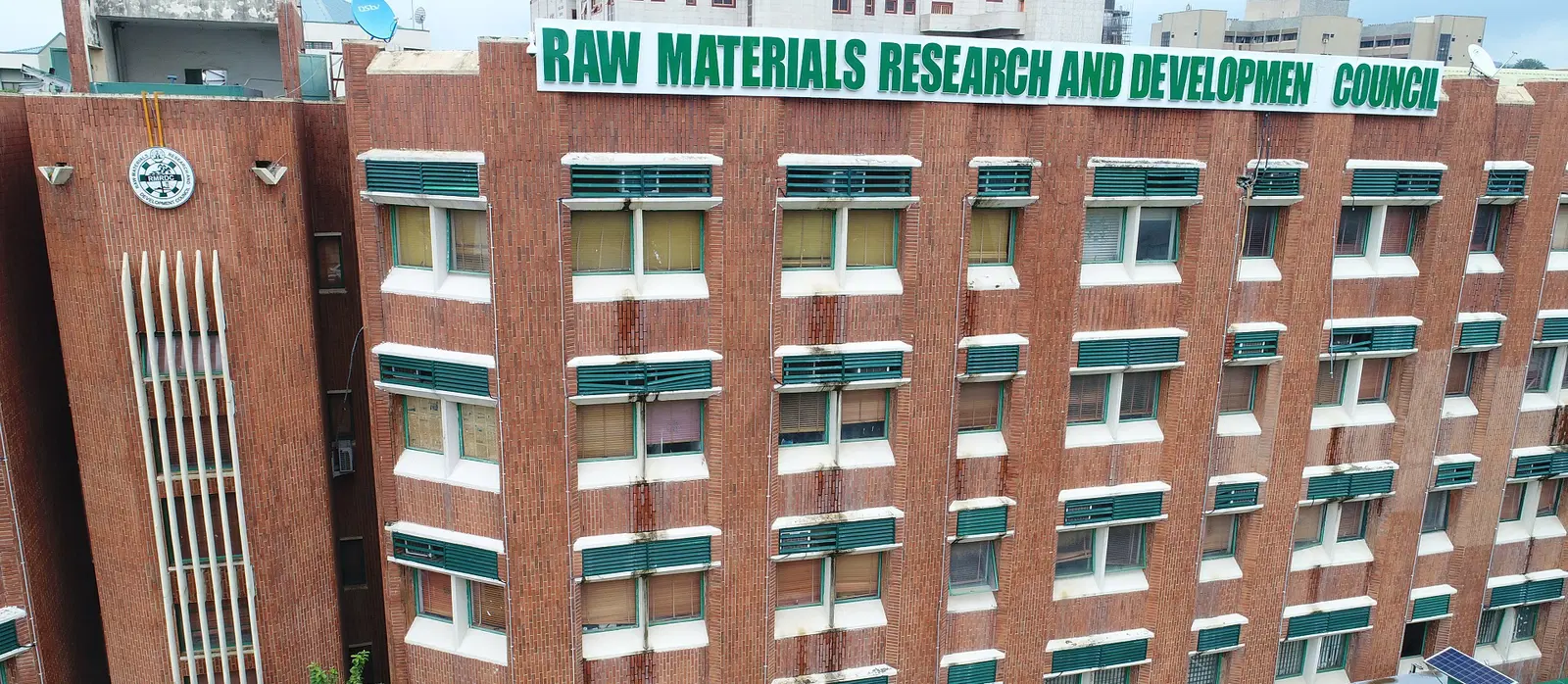National Issues
Raw Materials Development Diplomacy -By Ike Willie-Nwobu
As a matter of urgency, Nigeria has to cut down on the export of raw materials. Export of raw materials impoverishes a nation. Export of raw materials in raw form causes capital flight. Devaluation of raw materials which Nigeria has experienced again and again is a legacy of colonialism. As long as Nigeria does not develop its raw materials, it will remain raw material import-dependent.

Raw materials in Nigeria are a constitutive and indeed foundational part of Nigeria’s industrialization and development policy. They are at the heart of Nigeria’s drive to develop and join the pantheon of developed countries.
Historically, countries that have been able to properly harness their raw materials while developing a robust raw materials culture and sector have been to thrive economically, enjoying enormous prosperity along the way. Think Brazil, India and China.
In Nigeria, the Raw Materials Research and Development Council (RMRDC) established in 1987 aims to among other things, promote, support & expedite industrial development & self-reliance through optimal utilization of local raw materials as inputs to industries.
Under Professor Nnayelugo Ike-Muonso who is the current DG/CEO, the Council has sought to formulate policies on raw materials acquisition, exploitation, and development; advise the government on raw material conservation and depletion; recommend appropriate technologies for raw materials utilization and encourage dissemination of research for local raw material sourcing.
The Council recently held a workshop with the aim of developing a ten-year roadmap for the Raw Materials Sector in Nigeria.
With the government of President Bola Ahmed Tinubu big on industrialization, a robust raw materials sector will put the government on forceful footing to fulfill its promises of economic prosperity to Nigerians.
It is noteworthy that the earliest railways in Nigeria and Africa built by colonialists were designed with an eye on feeding African raw materials to European industries. This was the drive behind the extensive infrastructure built to enable access to African raw materials.
Many European countries were designed to fully utilize and maximize African raw materials.
For Nigeria to get the most out of its raw materials, there has to be a standardization of raw materials protocols to the point where there is local content utilization. Unless this is done, such raw materials will be rejected.
Western industries use standardization and certification to define, demote and destroy indigenous raw materials which invariably results in low value.
In one way, the international trade war starts with raw material utilization. In effect, raw materials is a trade and economic war. A major component of national industrialization is raw materials. Without raw materials, there cannot be industrialization.
A strong raw materials base will help Nigeria to become and stay competitive. It would also undoubtedly help national productivity.
A strong raw materials base will also be a superstructure for diplomacy and foreign relations. It will become a major power index for employment generation and poverty reduction, as raw materials are a major instrument of rural development.
National raw materials can help promote national food culture and nutrition in Nigeria. In this wise, Nigeria can learn from China. All over the world there are Chinese towns where they sell, eat and export their food and the human capital associated with it.
Raw materials strengthen national currency, in this case, the Naira.
As a matter of urgency, Nigeria has to cut down on the export of raw materials. Export of raw materials impoverishes a nation. Export of raw materials in raw form causes capital flight. Devaluation of raw materials which Nigeria has experienced again and again is a legacy of colonialism. As long as Nigeria does not develop its raw materials, it will remain raw material import-dependent.
A robust raw materials sector is expected to power the economic recovery agenda for the current administration. It is a good thing that RMRDC is taking the lead.
Borrowing a leaf from the books of other countries, Nigeria will be well within its rights to expect that if it can revamp, remodel and reap the vast benefits of a robust raw materials sector, it will experience a major boost in industrialization and development which are key assets n the increasingly dicey business of international diplomacy.
Ike Willie-Nwobu,
Ikewilly9@gmail.com









